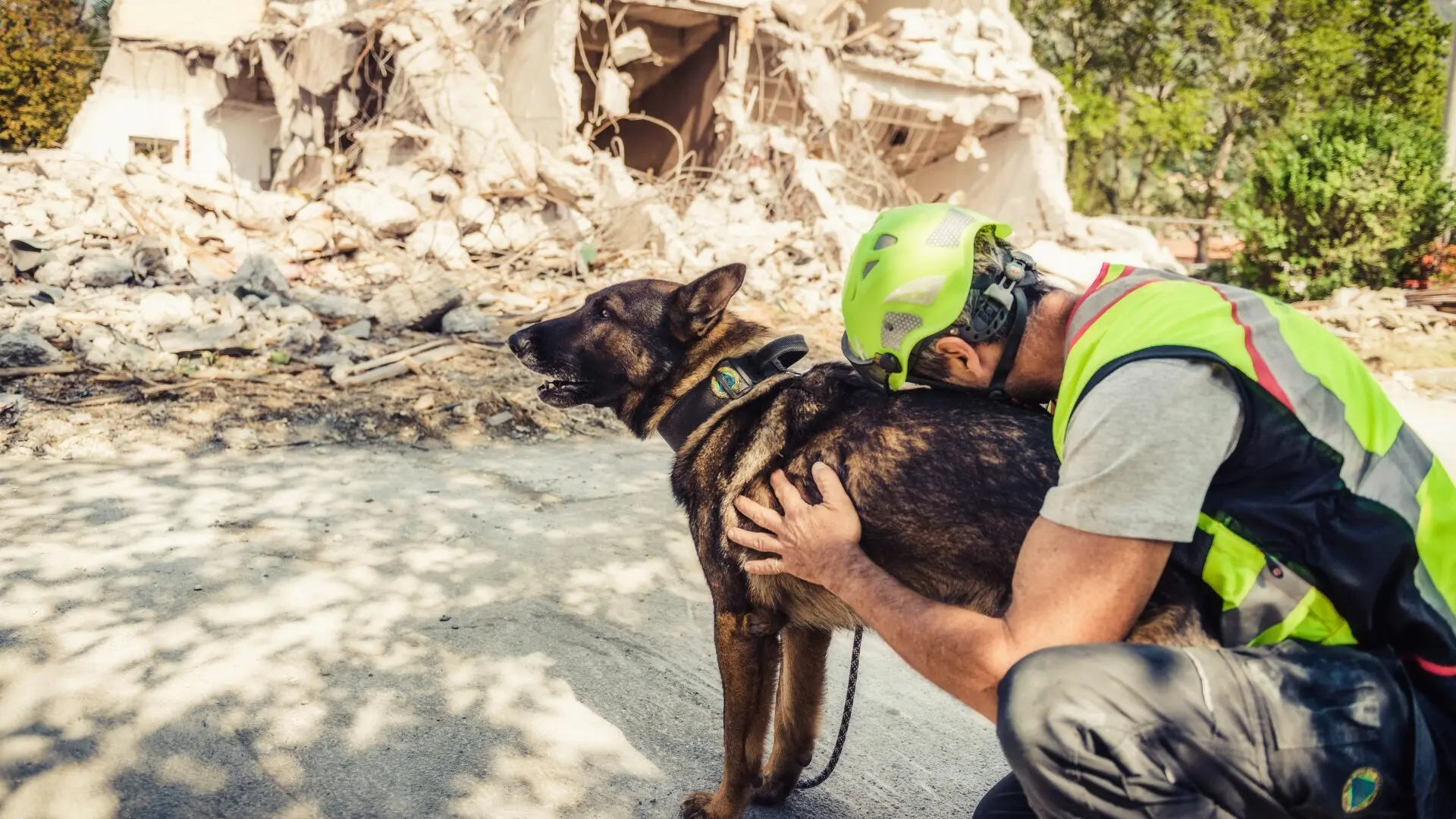The moment you realize your loved one with dementia is missing, every second feels critical. While the natural instinct is to immediately begin searching, having a clear action plan can make the difference in finding them quickly and safely. Through insights from John Clark, a specialized dementia search and rescue expert in Georgia, we’ve compiled three valuable tips for these frightening situations.
Understanding the Unique Challenges
Searching for someone with dementia presents distinct challenges that differ from typical missing person cases. Your loved one may be experiencing time differently, perhaps mentally living in the past, and might be attracted to specific places or objects that standard search protocols wouldn’t prioritize. This is why specialized knowledge and proper preparation are crucial.
Tip 1: Make the Right First Move
In those heart-stopping moments when you realize your loved one is missing, time becomes both precious and paralyzing. Your heart might be pulling you toward the door, urging you to start searching immediately. However, experience has taught us that these crucial first moments must be used strategically. While it might seem counterintuitive to pause and make a phone call when every instinct is telling you to search, this single action can make the difference between a quick resolution and prolonged anxiety.
Emergency services have resources and capabilities that multiply your search efforts exponentially. They can coordinate multiple searchers, access locations you might not be able to reach, and bring specialized equipment if needed. Those few minutes spent making the call will save precious time in the longer run, especially if your own search isn’t immediately successful.
Key points:
- Call emergency services immediately, before starting your own search
- Don’t wait to make the call while searching on your own
- Ask if there are dementia-specialized search teams in your area
- It’s okay to search after making the call
John’s Insight: “You should call emergency services immediately. Get the police moving because you may need them eventually. If you’re searching for your loved one for a while and you can’t find them, then you call emergency services, you’ve lost time. Emergency services are happy for you to call them off because you found your loved one. There is no downside to calling them first.”
Tip 2: Provide Critical Information to Searchers
The success of a search often hinges not just on where we look, but on how well we understand the person we’re looking for. When someone with dementia goes missing, they’re not simply lost — they’re often following an internal map that makes perfect sense to them, even if it’s invisible to others. This might be a map of their past, of their daily routines, or of places that hold special meaning to them.
Standard search protocols aren’t always designed with dementia in mind. Emergency responders are trained to look for people who are trying to be found or who might seek help. However, someone with dementia might not realize they need help, might not respond to calls, or might even actively avoid searchers. They might be seeking a workplace they retired from decades ago, a childhood home, or simply following a pattern that makes sense only to them. This is why the information you provide can be transformative to the search effort.
Your deep knowledge of your loved one — their habits, their history, their recent conversations — becomes a crucial tool in the search. Think of yourself as a translator, helping searchers understand not just who they’re looking for, but how your loved one might be experiencing their world in that moment.
Key preparation points:
- Keep current photos readily available:
- Make them “favorites” on your phone for quick access
- Consider taking daily photos to show current clothing
- Have printed photos accessible
Essential information to share:
- Recent conversations and topics they’ve discussed
- Their maiden name or previous names
- Nicknames family members use
- Common walking routes or regular destinations
- Nearby water sources (pools, ponds, lakes)
- Places from their past they might seek out
- Their current stage in their dementia journey
- Recent behaviors or patterns
- Current medications
John’s Insight: “Water can be very attractive to them. Find out where the big water is. If there’s a big pond nearby, tell the searchers that.”
Special considerations:
- Always have searchers check the house first, thoroughly
- People with dementia rarely go into woods
- They often leave without proper clothing or shoes
John’s Insight: A successful case involved a child with autism who was frequently found near air conditioning units — his particular attraction. Similarly, people with dementia often have specific places or objects that draw them, making this information crucial for searchers.
Tip 3: Know What to Expect After They’re Found
The moment of finding your loved one is one of immense relief, but it’s also the beginning of another important phase. Understanding what happens next can help you navigate this transition more smoothly and with less anxiety.
Medical evaluation after a wandering episode is a vital safety check. Your loved one might have been exposed to weather extremes, might have fallen, or might have missed important medications. They might not be able to tell you if they’re injured or distressed, which is why professional evaluation is so important.
Standard procedures:
- Medical evaluation is typical
- Transportation to hospital via ambulance or police car
- Assessment for any injuries or exposure
- Building Better Local Resources
Not every community has specialized dementia search and rescue teams. There are ways to improve local capabilities.
Steps to take:
- Contact your local Alzheimer’s Association chapter
- Ask about existing specialized search resources
- Inquire about training opportunities for local emergency services
- Advocate for specialized training in your community
- Network with other caregivers to share experiences and resources
Final Thoughts
While we hope you never need this information, being prepared can make a critical difference in an emergency situation. Keep these points readily accessible:
- Emergency contact numbers
- Current photos
- List of medications
- Common destinations
- Important personal history,
Local resources and specialized teams if available
Your local Alzheimer’s Association can be an invaluable resource in both preparing for and handling these situations. They can connect you with trained professionals and help advocate for better local resources.
We’re all on this journey together. If you have additional tips or experiences that could help others, please share them with your local support groups or caregiving community.
Note: If you’re in Georgia, specialized dementia search and rescue services are available. Contact your local emergency services or Alzheimer’s Association chapter for more information.
If you have tips you think others would benefit from, please share them on our Facebook page or Instagram page.
We’re all on this journey together.






Join the community